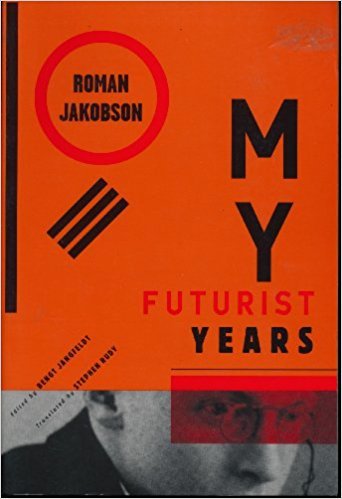
Author

Roman Osipovich Jakobson was a Russian linguist, formalist, and literary theorist. As a pioneer of the structural analysis of language, which became the dominant trend of twentieth-century linguistics, Jakobson was among the most influential linguists of the century. Influenced by the work of Ferdinand de Saussure, Jakobson developed, with Nikolai Trubetzkoy, techniques for the analysis of sound systems in languages, inaugurating the discipline of phonology. He went on to apply the same techniques of analysis to syntax and morphology, and controversially proposed that they be extended to semantics (the study of meaning in language). He made numerous contributions to Slavic linguistics, most notably two studies of Russian case and an analysis of the categories of the Russian verb. Drawing on insights from Charles Sanders Peirce's semiotics, as well as from communication theory and cybernetics, he proposed methods for the investigation of poetry, music, the visual arts, and cinema. Through his decisive influence on Claude Lévi-Strauss and Roland Barthes, among others, Jakobson became a pivotal figure in the adaptation of structural analysis to disciplines beyond linguistics, including anthropology and literary theory; this generalization of Saussurean methods, known as "structuralism," became a major post-war intellectual movement in Europe and the United States. Meanwhile, though the influence of structuralism declined during the 1970s, Jakobson's work has continued to receive attention in linguistic anthropology, especially through the semiotics of culture developed by his former student Michael Silverstein.